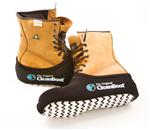 The Clean Boot Blog
The Clean Boot Blog
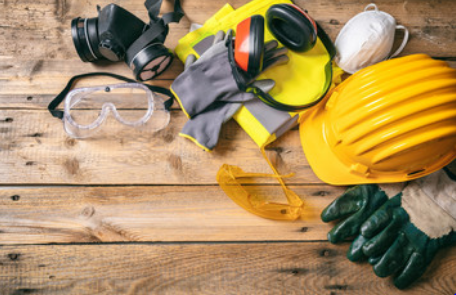
If you’re working as an indoor contractor, you have to use common sense to deal with hazardous situations. But, it’s also important to invest in the right safety products to stay safe, especially when you’re in contact with electronic machinery, chemicals or other harmful tools or equipment.
In this post, we’ll have a look at some of the best safety products of 2019. Not only do these products provide protection against possible hazards and injuries, but also portray the professional image of your services to your clients.
- Shoe Covers
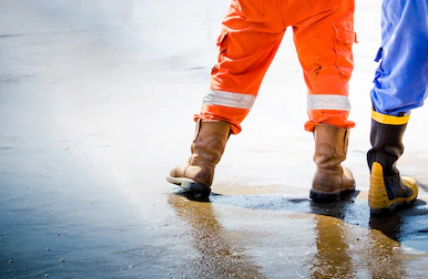
Shoe covers are something you can’t take for granted, especially if you’re working in the house remodeling space. Fortunately, there are many countries where it is mandatory for home contractors to wear shoe covers at work.
Whether you’re working as a plumber, a painter or an electrician, you’ll need to use safety shoes to avoid slips, trips and falls. Also, it’s your moral duty to prevent your client’s expensive flooring, tiles or carpet from scratches, dirt or debris. One of the ways to demonstrate that your company is worthy of their money, is to slip covers over your work boots to avoid the unwanted mess.
If your area of specialization requires you to work in the outdoor space, shoe covers can also prevent spreading of germs and inhibit contamination. Currently, you can find both disposable and reusable version of safety shoe covers. While the former is believed to be convenient, the latter is definitely affordable, more functional and eco-friendly.
- Safety Gloves
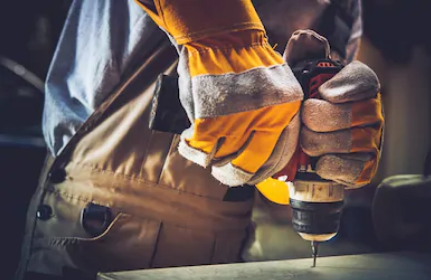
To protect your hands from dirt or harm, safety gloves are one of the best products we’ve found. These covers can also protect your hands and palms from vibration and fatigue while using electric power tools like drills or rotary hammers. Today, you can find many types of protective gloves on the market including:
- Leather gloves – these gloves provide protection against cuts and burns
- Fabric gloves – these gloves are made-up of cotton and they protect your hands from dirt and abrasions
- Rubber gloves – you should use these gloves to protect your hands from electrical shocks or other electric hazards
- Chemical-resistant gloves – if your nature of work requires you to have direct contact with toxic chemicals, these gloves can be your savior.
- Ear Plugs

Ear plugs can be a great option when you require hearing protection. These plugs are easy-to-use, compact and don’t require any maintenance or cleaning. There are different types of ear plugs available on the market, and you can select a pair based on your personal needs and preferences. Ear plugs are this year’s hottest pick as they’re very effective and economical. As they fit directly into your ear canal, they provide better protection than padded ear muffs.
- Safety Goggles
Safety goggles are of utmost importance as they provide powerful protection against sparks, heat and debris. The general misconception about protective glasses is that they’re only useful for workers working on the construction sites, but the fact is, residential contractors should also use them while using machinery that causes sparks like welding machines or tile polishing machines.
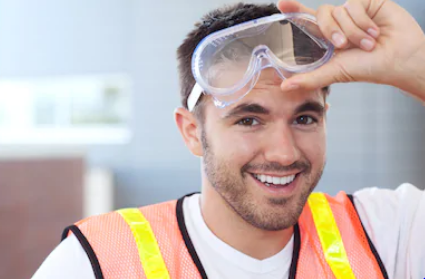
Safety glasses protect the eyes of the contractors from small particles and powdered chemicals which can float into the eyes.
- Safety Helmets (Hard Hats)
Another useful protective gear for contractors is safety helmet or hard hats. Ideally, the worker should wear this product where there is a possibility for objects falling from height, head bumps from fixed objects or of incidental head contact with overhead objects.
Head gear is an expensive investment and it’s important that you routinely examine it for cracks and dents. It is also crucial that you maintain your protective head gear and immediately replace it if any damage is found.
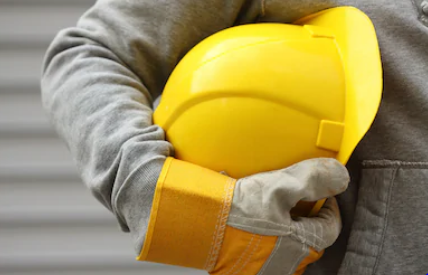
Things to Consider While Using PPE:
- Make sure to carefully examine the product to ensure it is appropriate
- Make sure to properly maintain and store your safety gear
- Always go through the instructions to know how to use your product accurately
There you have it. Aside from basic protective equipment, you can also opt for face shields, safety overalls or other personal safety gear depending on the nature of your work.
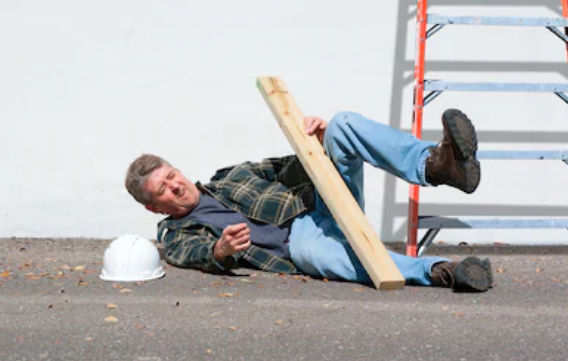
Let’s face it, many times we take convenience for granted. Have you ever wondered about a workplace injury robbing us of our capability to perform simple mobility tasks? This is where proper footwear comes to your rescue.
According to the data gathered by the Bureau of Labor Statistics (BLS), there were around 2.9 million injuries reported in the private-sector in 2015.
Did you know? Workplace injuries not only affect worker’s health, confidence and their financial well-being, but also costs the companies precious time and money.
Approximately 40% of workplace injuries and accidents happen to hands and feet. BLS also indicates that 40 out of 10,000 cases reported hands or feet injury in one way or the other and needed an average of 10 days off work.
The National Security Council calculates that nearly 120,000 foot injuries occur due to the workplace accidents in a year.
As far as companies are concerned, they should focus on developing a proper personal protective equipment strategy that can recognize the workplace dangers and required safety practices. Since, there are hundreds of options available, it’s important to pick the ones that best fit your line of work.
Foot Related Injuries
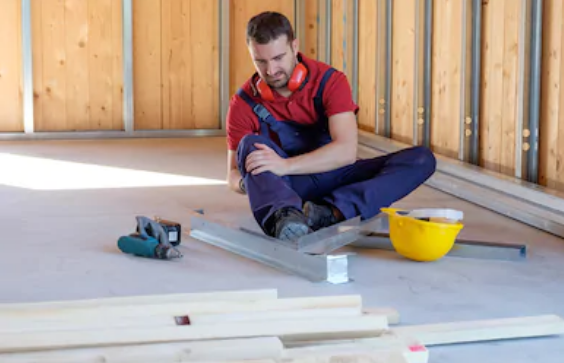
Possibly the most typical foot related hazard is objects that can crush worker’s feet. However, such injuries generally happen on construction sites.
Another common foot-related injury includes cuts and punctures. The basic safety measure here would be the use of thick-sole protective work boots.
Indoor contractors are also at high risk of slips, trips and falls. According to the recent statistics, such injuries account for over 15-20% of all workplace accidents. Such injuries can happen on construction sites, farms, or even at the homes. Not only are these injuries damaging in terms of direct costs, but they also ruin productivity.
In addition, injuries caused by chemical spills and splashes are also one of the most common types that can lead to critical injuries. Since, protective footwear are generally made from rubber or other safety materials, they can provide incredible protection against accidental exposures to such chemicals. As an employer, it’s your responsibility to figure out which specific chemicals your employees could be exposed to. It’s also important that you refer to your Material Safety Data Sheets (MSDS) for the particulars surrounding the products or chemicals that you use.
What Should You Do?
Always ensure that the protective gear you use is certified and suitable by your local authority. Shoes that are approved and OSHA-complied will have a stamp on them which is proof that the product has been certified to meet the safety standards.
So, whether you’re a residential contractor or work in any other space, make sure to use the right type of protective footwear to stay safe and protected.





